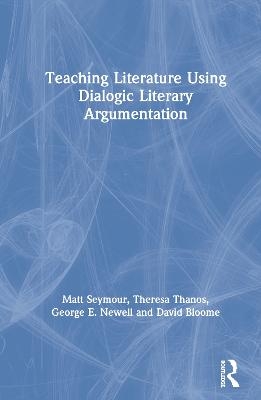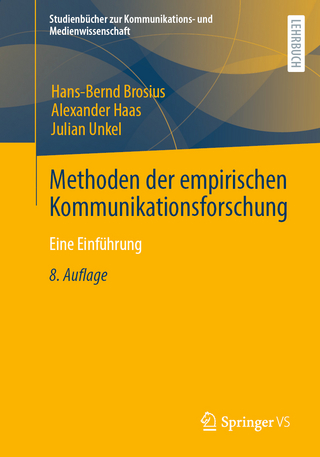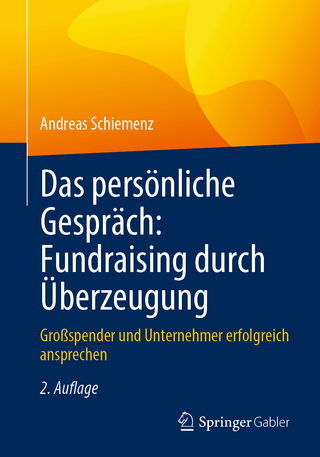
Teaching Literature Using Dialogic Literary Argumentation
Routledge (Verlag)
978-0-367-25220-5 (ISBN)
Matt Seymour is a Doctoral Candidate at The Ohio State University, USA. He is a former high school English language arts teacher. Theresa Thanos is a Doctoral Candidate at The Ohio State University, USA. She is a former middle school and high school English language arts teacher. George E. Newell is Professor of Teaching and Learning at The Ohio State University, USA, and Principal Investigator of The Ohio State University Argumentative Writing Project. David Bloome is the EHE Distinguished Professor of Teaching and Learning and Director of the Center for Video Ethnography and Discourse Analysis at The Ohio State University, USA.
Chapter 1 - Introduction Section
I. Foundations for Teaching Dialogic Literary Argumentation: Learning to Argue
Chapter 2 – What is Dialogic Literary Argumentation?
Chapter 3 – Reading and Writing Literature are Social and Dialogic
Chapter 4 – Classroom Conversations to Promote the Principles of Dialogic Literary Argumentation and to Establish a Shared Language for Engaging Literature
Chapter 5 – Establishing a Dialogic Rationality
Section II. Embracing Complexity: Arguing to Learn
Chapter 6 – Argumentation as Inquiry and Learning
Chapter 7 – Dialogic Literary Argumentation as Exploration of the Human Condition
Chapter 8 – Creating a Classroom Environment that Encourages Learning to take Risks with Dialogic Literary Argumentation
Chapter 9 – Conceptualizing Dialogic Literary Argumentation across the Academic Year
Section III Assessing Student Work and Engagement with Dialogic Literary Argumentation
Chapter 10 – Assessing Students’ Judgement and Insight with Dialogic Literary Argumentation Over Time
Chapter 11 – Providing Feedback on Students’ Written Dialogic Literary Arguments
| Erscheinungsdatum | 17.04.2020 |
|---|---|
| Zusatzinfo | 20 Tables, black and white; 2 Line drawings, black and white; 2 Illustrations, black and white |
| Verlagsort | London |
| Sprache | englisch |
| Maße | 152 x 229 mm |
| Gewicht | 376 g |
| Themenwelt | Sozialwissenschaften ► Kommunikation / Medien ► Kommunikationswissenschaft |
| Sozialwissenschaften ► Pädagogik ► Schulpädagogik / Sekundarstufe I+II | |
| ISBN-10 | 0-367-25220-1 / 0367252201 |
| ISBN-13 | 978-0-367-25220-5 / 9780367252205 |
| Zustand | Neuware |
| Haben Sie eine Frage zum Produkt? |
aus dem Bereich


